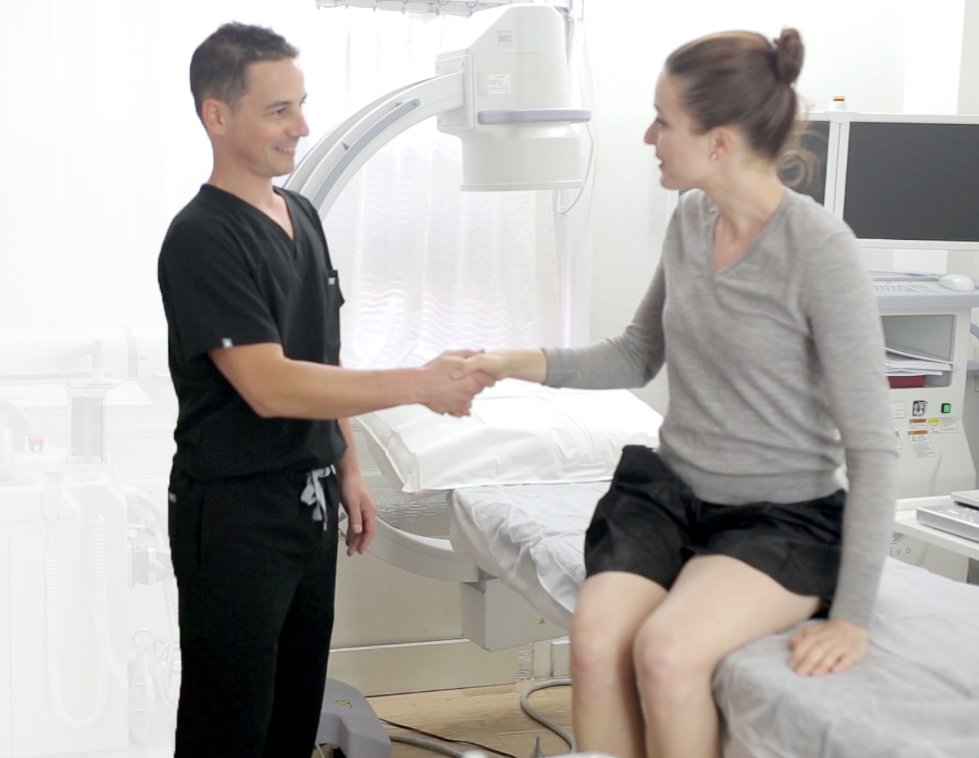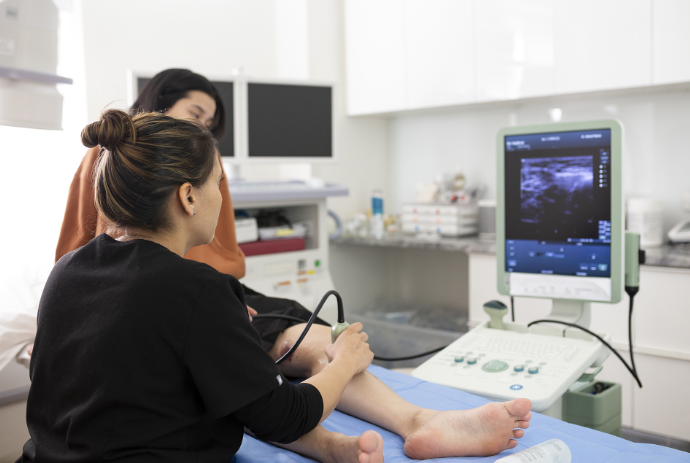What Kind of Specialist Treats Varicose Veins? Understanding the Role of a Vein Treatment Specialist
Varicose veins are a common vascular condition that can cause discomfort, pain, and unsightly bulging veins, often found in the legs. Many people seek treatment for this issue, but they may not know exactly which type of healthcare professional is best suited to address their condition. If you are dealing with varicose veins, it is important to understand which specialist can offer the most effective treatment options. In this article, we will answer the question, "What kind of specialist treats varicose veins?" and highlight the role of a vein treatment specialist in managing this condition.
The Importance of Seeking Professional Treatment
Varicose veins can be more than just a cosmetic concern. In severe cases, they can lead to complications like swelling, ulcers, and even blood clots. If left untreated, varicose veins can worsen over time, leading to further discomfort and even more serious health risks. Therefore, it is essential to seek professional help when you first notice the signs of varicose veins, such as bulging veins, aching legs, or swelling. Early intervention can help manage symptoms and prevent complications.
But who should you turn to for expert care? This is where a vein treatment specialist comes in.

What Is a Vein Treatment Specialist?
A vein treatment specialist is a healthcare professional who focuses on diagnosing and treating venous diseases, including varicose veins. This type of specialist has specialized training in the anatomy and function of veins, as well as the latest treatments for vein-related conditions. While other types of doctors, such as general practitioners (GPs) or dermatologists, may be able to offer some help with varicose veins, a vein treatment specialist is the most qualified to provide comprehensive care.
Vein treatment specialists may come from different medical backgrounds, but the most common types of professionals who treat varicose veins include vascular surgeons, interventional radiologists, and phlebologists.
1. Vascular Surgeons: Experts in Vein Health
Vascular surgeons are medical doctors who specialize in diagnosing and treating diseases of the blood vessels, including veins and arteries. These specialists have extensive training in both surgical and non-surgical treatments for vein conditions. If you have varicose veins that are severe or causing complications, a vascular surgeon may be the most appropriate specialist to consult. They can recommend treatments like sclerotherapy, laser therapy, or even surgical vein stripping if necessary.
Vascular surgeons are trained to perform both traditional and advanced procedures, depending on the severity of your condition. For example, they may use minimally invasive techniques such as endovenous laser therapy (EVLT) or radiofrequency ablation (RFA) to treat varicose veins with minimal discomfort and downtime. In more extreme cases, surgical options may be considered.
2. Phlebologists: Specialists in Venous Diseases
Phlebologists are medical professionals who specialize specifically in venous diseases, including varicose veins. They can be either medical doctors or healthcare providers with specialized training in vein health. A phlebologist will focus on diagnosing the root causes of your varicose veins and providing a variety of treatment options. They are particularly skilled in performing non-invasive or minimally invasive procedures such as sclerotherapy, which involves injecting a solution into the veins to close them off and improve circulation.
Phlebologists may not be surgeons, but they often work closely with vascular surgeons when more advanced procedures are required. They are a great first point of contact for anyone dealing with mild to moderate varicose veins.

3. Interventional Radiologists: Using Technology to Treat Vein Conditions
Interventional radiologists are medical professionals who use imaging technology, such as ultrasound and X-ray, to guide minimally invasive procedures for treating vein diseases. They are highly skilled in performing non-surgical procedures like radiofrequency ablation (RFA) and endovenous laser therapy (EVLT), which can treat varicose veins with precision.
Interventional radiologists are a great option for patients who prefer to avoid traditional surgery. The procedures they perform are typically performed in an outpatient setting, requiring no incisions and leading to quicker recovery times compared to surgery. These specialists often work alongside other vein care professionals, including vascular surgeons and phlebologists, to ensure comprehensive treatment for their patients.
4. Dermatologists: Addressing Cosmetic Concerns
While dermatologists are primarily concerned with the skin, they can also help with minor varicose veins or spider veins that may cause cosmetic concerns. Dermatologists often have training in sclerotherapy and laser treatments to target small varicose veins that are primarily cosmetic in nature. While dermatologists may not be the best option for more severe cases of varicose veins, they can provide relief for those who want to address milder vein issues without resorting to surgery.
If your varicose veins are not causing significant pain or discomfort but are affecting your appearance, a dermatologist may be able to help you achieve smoother, more even skin by using minimally invasive methods.
When to See a Vein Treatment Specialist
If you're unsure whether you need to see a vein treatment specialist, it’s important to be aware of the symptoms of varicose veins. These may include:
- Swelling in the legs
- Heaviness or aching in the legs
- Visible, bulging veins on the surface of the skin
- Skin discoloration or ulcers near the veins
- Pain that worsens after standing or sitting for long periods
If you are experiencing any of these symptoms, it’s advisable to seek professional evaluation from a vein treatment specialist. Even if your symptoms are mild, early treatment can help prevent further complications.
Conclusion: Finding the Right Specialist for Your Vein Care
Varicose veins can cause significant physical discomfort and emotional distress, but the good news is that effective treatments are available. A vein treatment specialist—whether a vascular surgeon, phlebologist, or interventional radiologist—can provide the expertise and advanced treatments you need to manage and improve your condition. If you're dealing with varicose veins, don’t hesitate to consult with a specialist to find the best treatment for your individual needs.
Remember, when it comes to vein care, the right specialist can make all the difference in your recovery and overall health.
Comments
Post a Comment